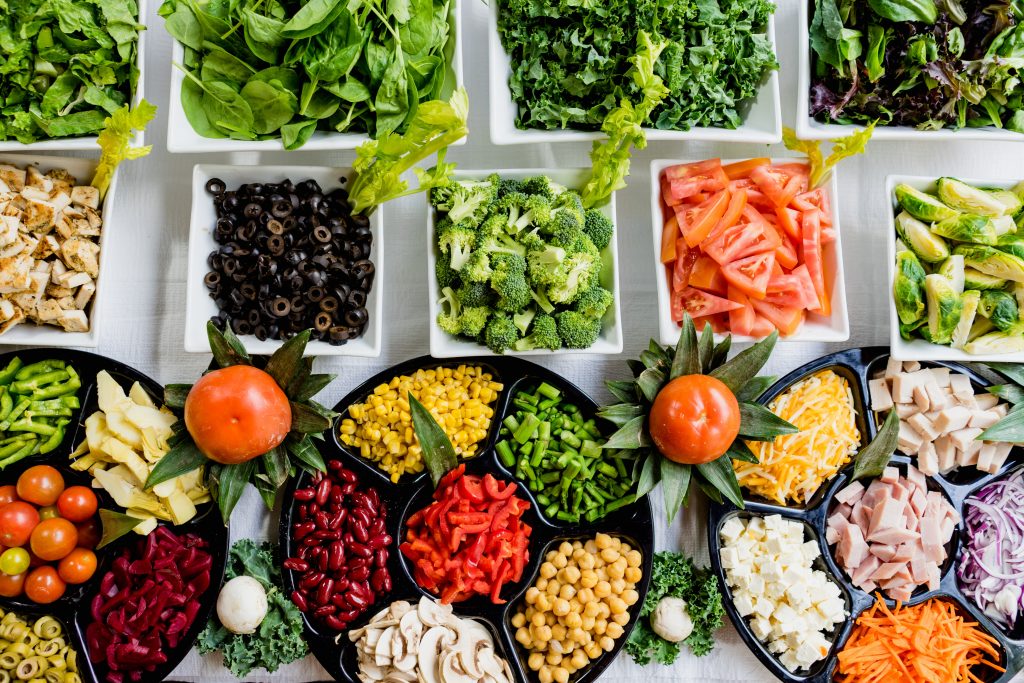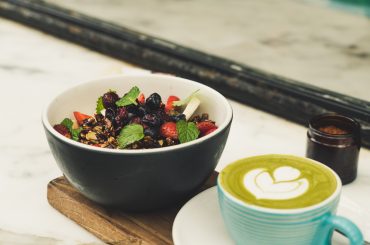Nutritional supplements are a multi-billion-dollar business today, but are they safe and necessary? While the views are mixed, experts agree that most vitamins, minerals, and antioxidants essential for health can and should be consumed through food. Food allows for better absorption of nutrients and offers important dietary components not found in supplements, like fiber.
Unfortunately, not everyone chooses to eat foods that supply key nutrients for health. Worse, many people don’t know which foods do. But here’s good reason to learn: Eating nutrient-dense fare isn’t just more healthful and satisfying than swallowing supplements it can save you money, too. Follow these guidelines for noshing on what your body needs so you can stop paying for dietary pills you don’t
Follow these guidelines for noshing on what your body needs so you can stop paying for dietary pills you don’t
Irene Bembry
Pick Vitamin C-Rich Foods
From lowering blood pressure to preventing eye disease to decrease skin wrinkles, the benefits of vitamin Care about as numerous as the foods that contain it. Even so, many people turn to supplements to get their daily C. What they don’t realize is that consuming vitamin C-rich foods, mostly through fruits and vegetables, packs a bigger punch than taking a pill. Try a cup of steamed broccoli, a medium orange, or a handful of strawberries to get your daily fill of this important nutrient.
Go Dark Green
Leafy dark greens offer more nutrition than practically any other food group. They’re high in essential vitamins and minerals, like vitamins A and K and calcium, and include ample amounts of fiber and antioxidants. Loading up on these nutrient heavyweights eliminates the need to pop a dietary pill for extra protection. But be choosy about your greens. Opt for the dark green giants, like spinach, collard greens, and kale. They’re readily available and have the highest levels of nutrients.
Welcome High-Fiber Grains
While it’s easy and convenient to ingest a fiber supplement, why bother when you can get more bang for your buck by eating whole grains that will keep you regular and improve your cardiovascular health. Some of the best varieties include whole wheat, bulgur, oats, millet, barley, and quinoa. Check the fiber content when choosing whole grains and go for those that score high. The typical adult diet should consist of 25 to 35 grams of fiber per day.





